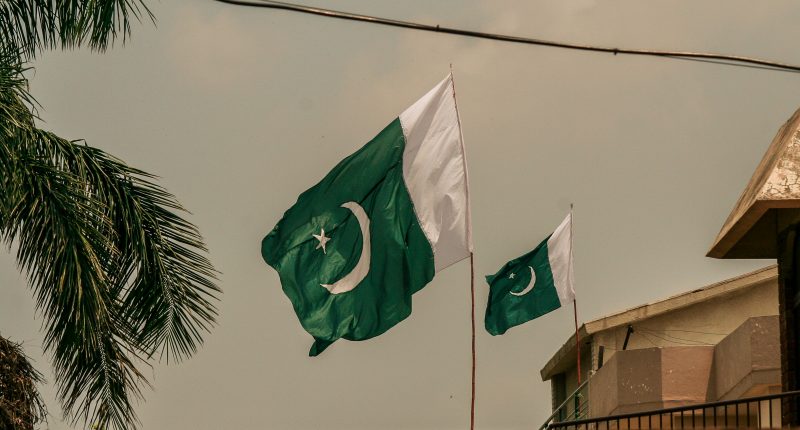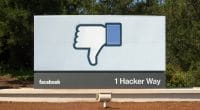Social media is a powerful tool, capable of forming movements and organizing demonstrations in a short time and reaching millions in minutes, influencing public opinion, and becoming the voice of the people. Thus, it becomes a matter of concern for any government when social media promotes views that may threaten the country’s security, following which the government has to take drastic steps.
Pakistan on Friday suspended several social media platforms – Twitter, Facebook, WhatsApp, Telegram, and YouTube – from 11 am to 3 pm, after days of violent anti-France protests in the country by Islamist group Tehreek-i-Labbaik Pakistan (TLP), which was earlier banned by the Pakistani government. The TLP called for the expulsion of the French ambassador from the country and ban of goods imported from France after the publication of a controversial caricature in France last year.
In an order titled “Complete Blocking of Social Media Platforms,” the Ministry of Interior directed the Pakistan Telecommunication Authority (PTA) to block the aforementioned social media platforms. “It is requested that immediate action may be taken on the subject matter,” the ministry directed the PTA chairman.
The ban is effective immediately across the country. While no reasons have been given officially, it is surmised that it has been done to restrict protests that have been rocking the country in recent days, and which may escalate. Access to social media helps organize protests in a more effective manner.
The PTA released an official statement saying: “In order to maintain public order and safety, access to certain social media applications has been restricted temporarily.” While this is not the first time Pakistan, like India, has suspended internet and mobile phone services to curb terrorism and protests, it marks the first instance of the issuing of a blanket ban on social media platforms across the entire country, earning criticism from rights activists. This suspension, while supposed to end at 3 pm, is likely to last for a longer period of time.
“These arbitrary decisions of blocking and banning have never done any good (and) instead opened ways to blanket bans,” said Nighat Dad, head of the Digital Rights Foundation on Twitter, shortly before access to the platform was terminated.
The Tech Portal is published by Blue Box Media Private Limited. Our investors have no influence over our reporting. Read our full Ownership and Funding Disclosure →





